

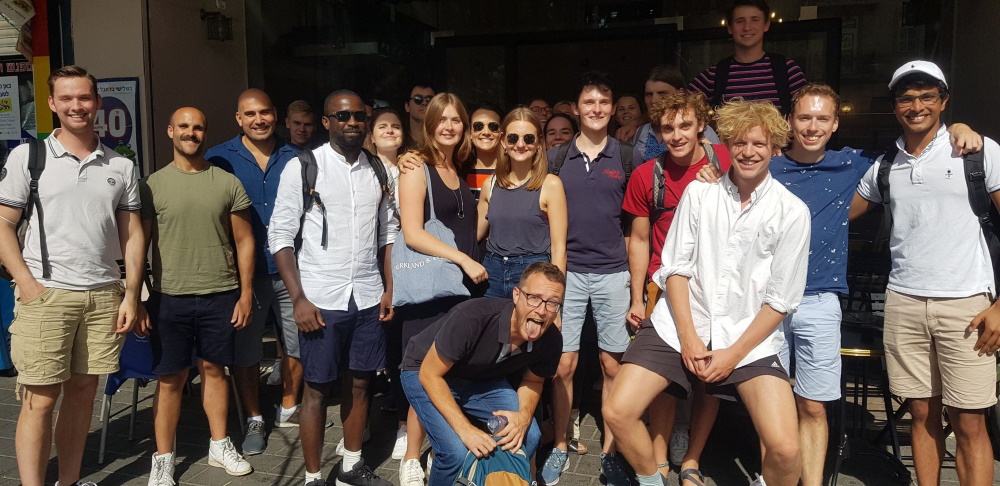
תוכנית ה-EMLE (European Master in Law and Economics) הינה תוכנית ייחודית העוסקת בניתוח כלכלי של המשפט, ומשלבת שתי דיסציפלינות – משפט וכלכלה. התוכנית מנוהלת על ידי קונסורציום של עשר אוניברסיטאות – מתוכן שבע אירופאיות (מגרמניה, הולנד, בלגיה, ספרד, איטליה, צרפת ופולין), ושלוש חוץ אירופאיות (מישראל, הודו וארה”ב), ולומדים בה (באנגלית) סטודנטים מכל רחבי העולם.
הלימודים בתוכנית מתקיימים במשך 3 טרימסטרים המתפרסים על פני שנה קלנדרית. הטרימסטר הראשון כולל מקצועות מבוא במשפט וכלכלה, ובניתוח כלכלי של המשפט, ובטרימסטרים הבאים יש התמחויות ב-3 תחומים שונים: המגזר ציבורי, יזמות וחדשנות ומשפט מסחרי (תאגידים ושווקים). בכל טריסמסטר יכולים הסטודנטים לבחור ללמוד באוניברסיטה מסוימת מתוך האוניברסיטאות החברות בקונסורציום המוצעות לבחירתם, וזאת בהתאם לתחום שבו הם רוצים להתמחות. בטרימסטר האחרון הסטודנטים כותבים תזה.
התוכנית נחשבת למובילה בתחומה בעולם, ונבחרה מבין עשרות תוכניות כתוכנית תואר שני הנתמכת על ידי נציבות האיחוד האירופי, וזאת ברציפות משנת 2004 ועד היום. המצויינות האקדמית של התוכנית משתקפת גם באיכות של בוגריה. עד כה סיימו את התוכנית כ-100 ישראלים, ורובם מחזיקים עמדות בכירות במשפטים, בכלכלה או בתחום העסקי (למשל, במשרד המשפטים, בקרנות הון סיכון, במשרדי עורכי דין מובילים ועוד). כ-12 מבוגרי התוכנית המשיכו ללימודי דוקטורט וחלקם עובדים כיום כחברי סגל אקדמי באוניברסיטאות מובילות (כגון – ארסמוס, היידלברג, חיפה, המכללה למנהל, ועוד).
בצד מצויינותה האקדמית של התוכנית, עלות הלימודים נמוכה משמעותית מעלות תואר שני בארה”ב (בערך רבע מהעלות), וקיימת אפשרות לקבלת מלגות.
הלימודים בתוכנית מתקיימים במשך 3 טרימסטרים המתפרסים על פני שנה קלנדרית. הטרימסטר הראשון כולל מקצועות מבוא במשפט וכלכלה, ובניתוח כלכלי של המשפט, ובטרימסטרים הבאים יש התמחויות בתחומים שונים. בכל טריסמסטר יכולים הסטודנטים לבחור ללמוד באוניברסיטה מסוימת מתוך האוניברסיטאות החברות בקונסורציום המוצעות לבחירתם, וזאת בהתאם לתחום שבו הם רוצים להתמחות. בטרימסטר בראשון ניתן לבחור בין אוניברסיטת המבורג (גרמניה), אוניברסיטת ארסמוס (רוטרדם, הולנד) או אוניברסיטת חיפה. בטרימסטר השני ניתן לבחור בין אוניברסיטת המבורג (גרמניה), אוניברסיטת ארסמוס (רוטרדם, הולנד) או אוניברסיטת גנט (בלגיה). בטרימסטר השלישי ניתן לבחור בין 7 אוניברסיטאות (הממוקמות בערים הבאות – Aix en provence (צרפת), ברצלונה, רומא, וורשה, אריזונה, מומבאי והמבורג). דיפלומה מתקבלת מכל אחת מהאונירסיטאות שבה נלמד התואר, כאשר חלק מהאוניברסיטאות מעניקות דיפלומה משותפת.
את התמונה שהייתה עד עכשיו בחוצץ מבנה התוכנית יש להכניס כאן.
סטודנטים בתוכנית ה-EMLE יכולים לבחור באחד משלושה מסלולי התמחות שונים –
בטרימסטר הראשון הקורסים זהים בכל המסלולים והאוניברסיטאות, ההתמחות מתחילה בטרימסטר השני עם שני קורסים ייעודיים למסלול ושלושה קורסים שיהיו זהים בין המסלולים השונים. הטרימסטר השלישי מסיים את ההתמחות שנבחרה בשני קורסים ייחודיים למסלול, ועבודת גמר הנכתבת בהנחיית פרופסור מאוניברסיטת הטרימסטר השלישי.
לתוכנית מתקבלים סטודנטים עם לפחות 240 ECTS (כ-160 נ”ז) של השכלה גבוהה קודמת. במונחים ישראליים ניתן להשיג 240 ECTS על ידי לימודי תואר ראשון ותואר שני או על ידי תואר ראשון דו חוגי (למשל, משפטים וחוג נוסף).
ניתנת עדיפות לסטודנטים בעלי רקע במשפטים ו/או כלכלה, אולם גם מועמדים בעלי תארים אחרים יכולים להתקבל בתנאי שהם מקיימים את התנאי של 240 ECTS. במקרה של ספק באשר להתאמתך לתנאי הקבלה של התוכנית, יש ליצור קשר (באנגלית)….
התוכנית מאד מבוקשת. מדי שנה מוגשות לתוכנית מאות בקשות קבלה, ומתוכן מתקבלים כ-80 סטודנטים.
המועדים המדויקים משתנים משנה לשנה אנא בדקו באתר התוכנית:
שפת לימוד בתכנית היא אנגלית. לתשומת ליבכם, כל מועמד ששפת האם שלו היא לא אנגלית מחויב במבחן ידע אנגלית: TOEFL או IELTS אקדמי
למידע נוסף: https://emle.org/application-2/#1491915081912-7ef8776b-198c
שכר הלימוד התוכנית נמוך משמעותית משכר הלימוד לתואר שני באוניברסיטאות אמריקניות (בערך רבע מהעלות). לסכומים המדויקים יש להתעדכן באתר התוכנית (Application – EMLE). לכך יש להוסיף עלויות מחיה במדינות השונות.
יש אפשרות לקבלת מלגות למתאימים. ניתן להתעדכן באתר התוכנית (Application – EMLE).
התכנית נמשכת שנת לימודים אחת (1 באוקטובר – 30 בספטמבר). טרימסטר ראשון מתחיל בשבוע הראשון של אוקטובר, ונמשך עד סוף דצמבר. טרימסטר השני מתחיל בינואר עד סוף מרץ. טרימסטר שלישי מתחיל בשבוע הראשון של אפריל והשיעורים האחרונים הם בדרך כלל בחודש יוני. המועד האחרון לתזה הוא באמצע אוגוסט בכל שנה.
הפקולטה למשפטים והאוניברסיטה חתומים על הסכמים לחילופי סטודנטים עם מספר רב של אוניברסיטאות באירופה וארה”ב, בהן ניתן ללמוד סמסטר עד שנה.
הפקולטה רואה בהתנסות בלימודים בחו”ל חוויה חשובה המהווה תרומה משמעותית ללימודי המשפטים. הלימודים בתרבויות אחרות, בקרב סטודנטים וסטודנטיות מכל העולם מעשירה ביותר. בעולם גלובאלי, ההכרה והיכולת ליצירת קשרים עם משפטנים זרים הינה יתרון אישי ומקצועי חשוב.
תלמידנו שהשתתפו בתכניות אלה שבו מהן עם המלצה חד משמעית: לנצל הזדמנות יוצאת דופן זו.
תוכנית חילופי סטודנטים מיועדת לתלמידי תואר ראשון – שנים ב’, ג’ וד’ ולתלמידי תואר שני. משך הלימודים הוא סמסטר אחד עד שנה, בשכר לימוד רגיל. עלויות הטיסה, והכלכלה מוטלות על הסטודנטים, אולם למועמדים מתאימים יינתנו מלגות. לתלמידים הנבחרים לתוכנית ארסמוס פלוס ללימודים באירופה יעניק האיחוד האירופי מלגות קיום של בין 800 יורו ל 900 יורו לחודש לסמסטר בו ילמדו ובנוסף הוצאות טיסה.
לפרטים מדוייקים, רשימת אוניברסיטאות וגובה מלגות הקליקו כאן.
כן. נקודות הזכות שנלמדו בחו”ל נחשבות כנקודות בחירה.
כל סטודנט/ית יעשה בסמסטר מינימום 12 נ”ז ומקסימום 18 נ”ז.
כן, בחילופי סטודנטים של ארסמוס + התלמידים יקבלו החזר הן על הטיסה והן על המגורים.
מידע נוסף: https://uhaifa.org/erasmus/
ההרשמה נעשית דרך בית ספר בינלאומי של אוניברסיטת חיפה https://uhaifa.org/program/student-exchange/
לפרטים נוספים צרו קשר עם אחראית תוכניות בינלאומיות ו-GLP.
תקופת הניידות מעניקה לסטודנטים ניסיון בינלאומי, חשיפה לתכניות ושיטות לימוד חדשות , כלים בינלאומיים ופיתוח קשרים חדשים היכולים לסייע בחיים האקדמיים והמקצועיים.
This course provides a general introduction to the law and to the study of law. Students will become acquainted with the main fields of law: private law, criminal law, constitutional and administrative law. Specific attention will be paid to the basic differences between common law and civil law systems and to the relationship between national laws and European law. Besides the study and discussion of literature, students will train specific legal skills, such as the use of statutes, the analysis of judgments and the solution of legal cases. This course seeks to:

Dr. Omer Kimhi
University of Haifa
Mrs. Jacki Silbermann
University of Haifa

Dr. Hila Nevo
University of Haifa


Prof. Alessandro Pomelli
Bologna University Italy
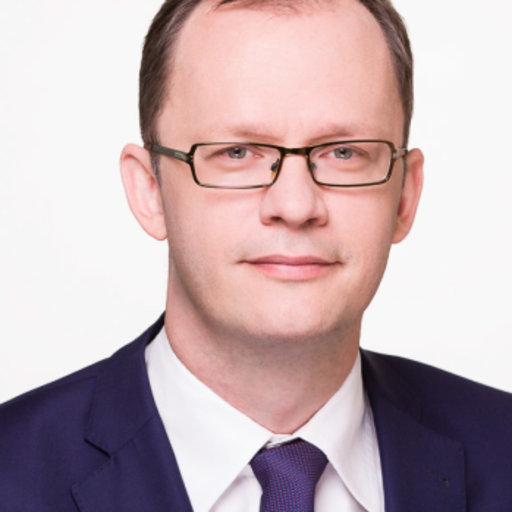

Prof. Jaroslaw Beldowski
University of Warsaw
Dr. Hila Nevo
University of Haifa





Dr. Roee Sarel
Hamburg University, Germany



Prof. Sacha Bourgeois-Gironde
University of Haifa
The course introduces game-theoretical approaches to legal analysis. No previous knowledge in game-theory is needed. Yet, in the end, the students will have been acquainted with some core concepts of cooperative and non-cooperative game-theory through their application to a variety of legal issues in several domains of law. The course will follow this order.



Prof. Sacha Bourgeois-Gironde
University of Haifa

Prof. Bernard Black


Prof. Anthony Julius


Prof. Veronika Fikfak
University of Copenhagen
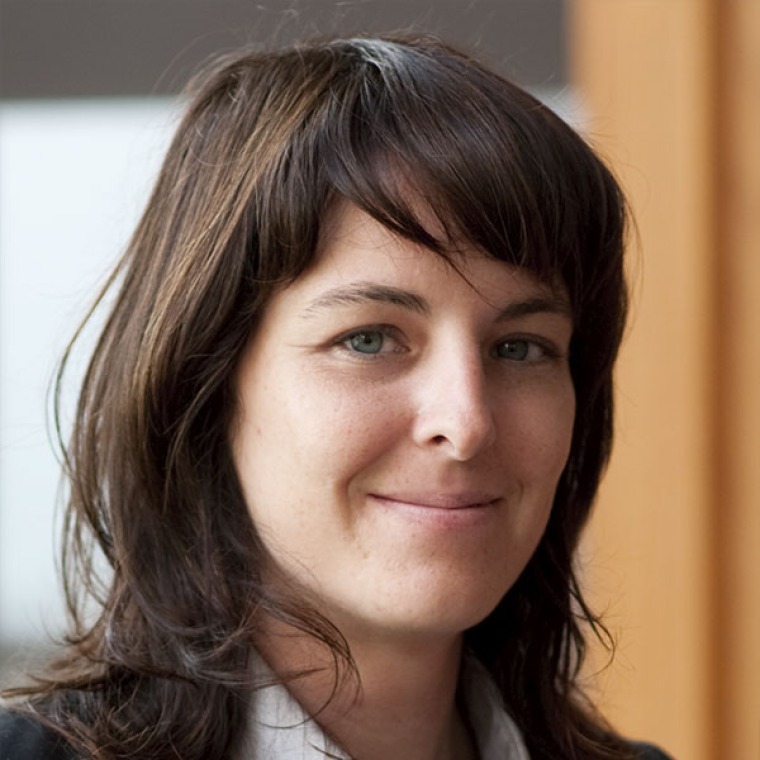

Prof. Jane Bambauer
University of Arizona USA
Prof. Derek Bambauer
University of Arizona USA
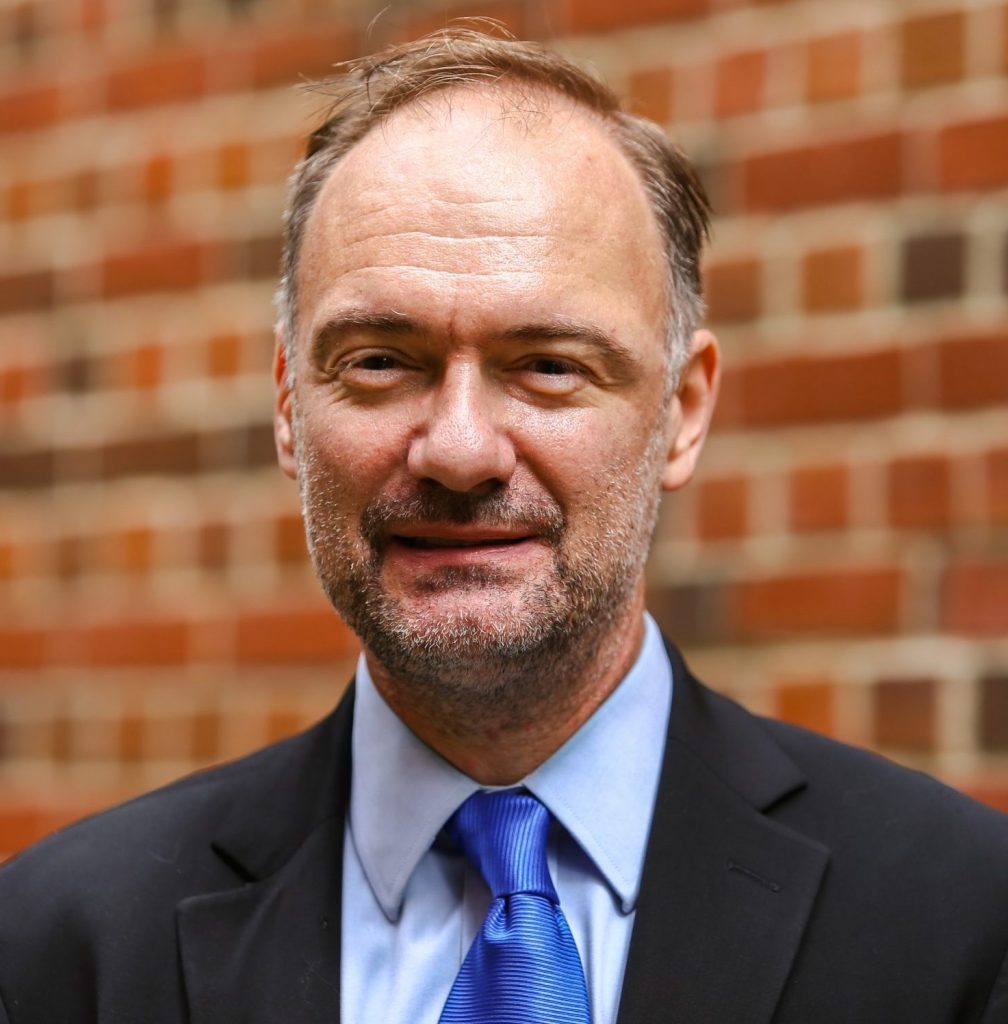

This course covers the law and regulation of investing and securities markets, such as the Tel Aviv Stock Exchange. The chief objective of the course is to provide students with an introduction to the theory underlying securities regulation, as well as its practical implementation, especially in the United States. Topics to be covered include: Mandatory disclosure; securities fraud; insider trading; shareholder power; and investment crowdfunding.
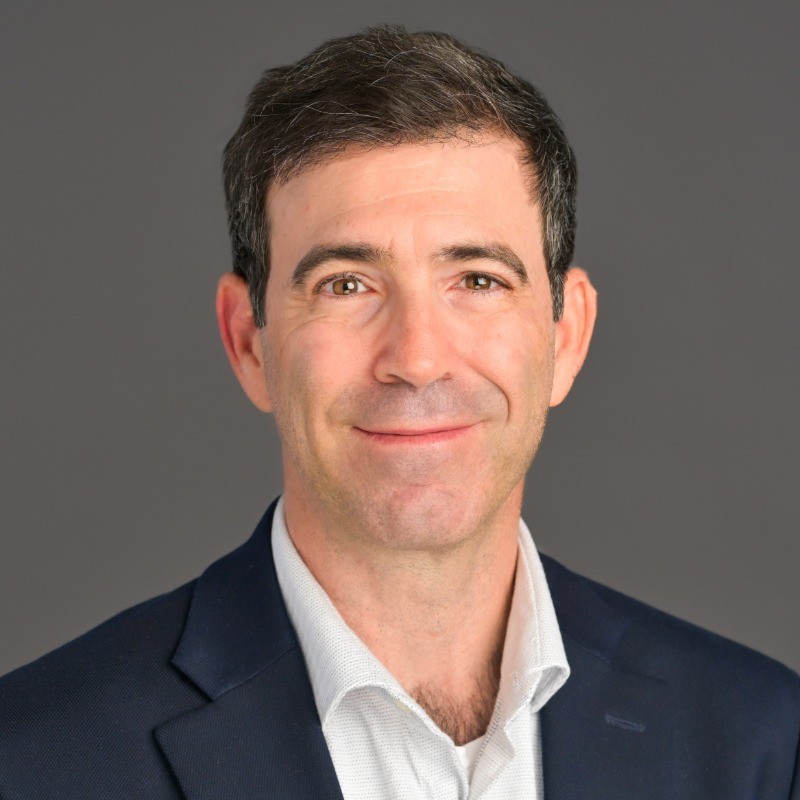
Prof. Andrew A. Schwartz
University of Colorado




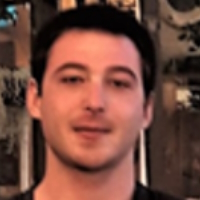

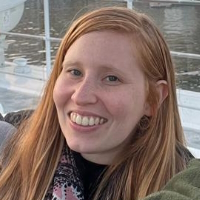

לפרטים נוספים ניתן ליצור קשר עם אחראית תוכניות בינלאומיות ו-GLP.
ההגשה לתכנית חילופי סטודנטים נעשית דרך בית ספר בינלאומי של אוניברסיטת חיפה.

